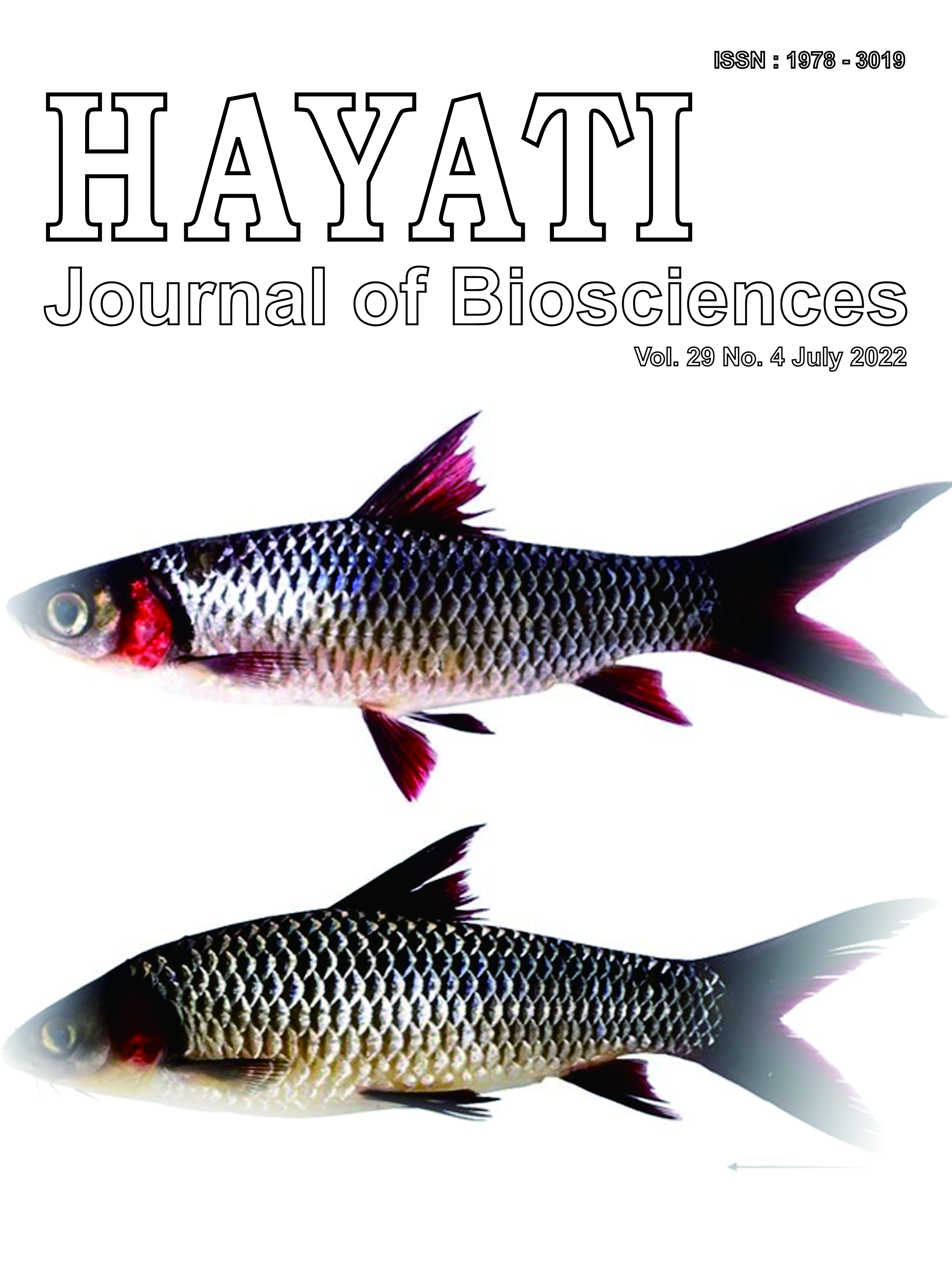Overexpression of Heat Shock Cognate Protein 71 kDa and Pyruvate Dehydrogenase in the Brain Tissue at the Early Stage of High Fat Diet Consumption
Abstract
High-fat diet (HFD) increases the risk of obese, while obesity increases the prevalence of metabolic syndrome and non-communicable diseases. Therefore, it will be interesting to evaluate the changes in metabolic parameters and brain profile upon the early consumption of HFD. In this study, a total of 12 Sprague-Dawley male rats were divided into two groups (n = 6), each group was fed with normal diet and HFD (39% of total calories from fats), respectively, for 6 weeks consecutively. The body weight, blood glucose, cholesterol and triglyceride values were measured. Furthermore, the brain and visceral adipose tissues were harvested at the end of the experiment. Protein was extracted from the brain tissue, and the protein extracts were separated by using two-dimensional gel electrophoresis and analyzed by liquid chromatography tandem mass spectrometric analysis (LC/MS/MS). In terms of food calorie, the rats fed with HFD consumed more energy than the rats fed with normal diet. Nevertheless, the blood triglyceride and cholesterol, and the visceral adipose tissue of both the HFD and normal diet fed rats were indifferent. At the molecular level, overexpression of stress proteins, namely heat shock cognate protein 71 kDa (Hsc70) and pyruvate dehydrogenase were detected in brain tissue of HFD group. These results suggest that HFD intake causing significant change in brain proteins profile at the early phase of its consumption when no clear metabolic changes were observed. This showed that the brain was affected by HFD.
Downloads
Copyright (c) 2022 Yan-Fen Lee, Xuan-Yi Sim, Mohd Nazri Ismail, Lay-Harn Gam

This work is licensed under a Creative Commons Attribution-NonCommercial 4.0 International License.
HAYATI J Biosci is an open access journal and the article's license is CC-BY-NC. This license lets others distribute, remix, tweak, and build upon author's work, as long as they credit the original creation. Authors retain copyright and grant the journal/publisher non exclusive publishing rights with the work simultaneously licensed under a https://creativecommons.org/

























.png) IPB University
IPB University Department of Biology
Department of Biology The Indonesian Biological Society
The Indonesian Biological Society 

